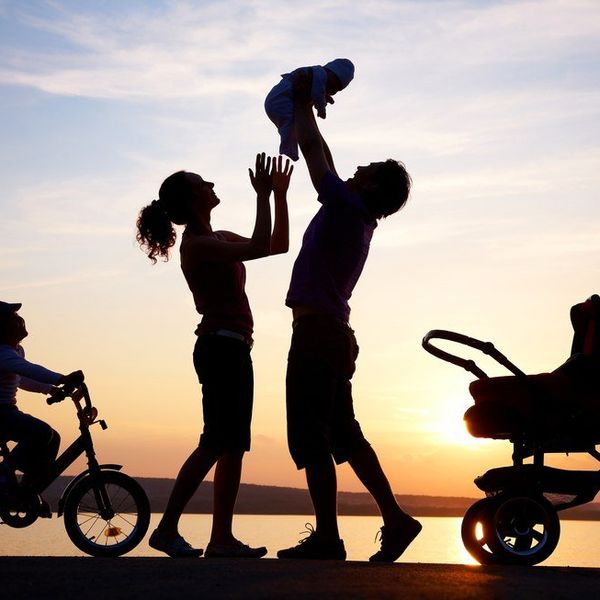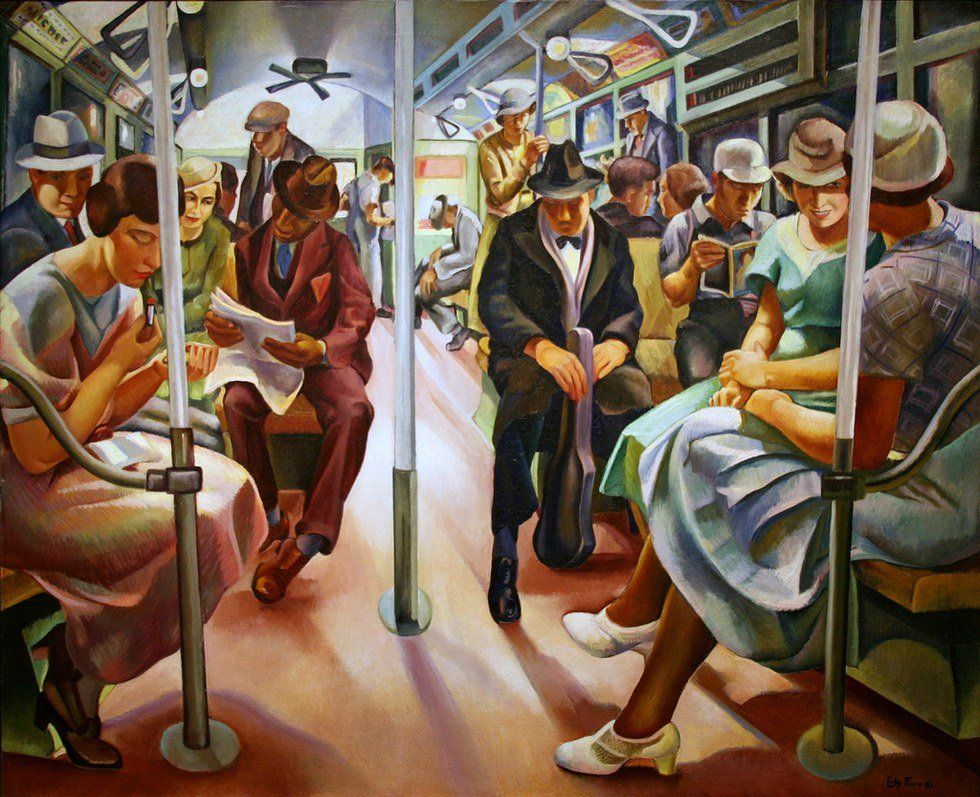6 AM.
The radar ringtone from my iPhone started to play and my journey commenced. Eleven hours on an Amtrak train to Montreal to attend the World Social Forum. WSF is a gathering of tens of thousands of people from around the world to share and learn with each other each other’s plans and ideas towards a more “inclusive and sustainable” world.
This trip was meant to be simple. Get on the subway, arrive at Penn Station, get on the Amtrak, and arrive at Montreal. Yet for some reason, karma was not on my side this day. Not only was the Amtrak train four hours delayed (so much for my first long-distance train ride), but my morning subway commute also came with quite a show.
About four stops after meeting with my friend, we suddenly heard a man start yelling, “you touched my nephew!” over and over again. From what I understood, the man who entered the car was off balance and accidentally touched the boy’s thigh. He said sorry, but that was not enough for the uncle. The uncle started yelling "get out the car." When the man refused, the uncle started yelling, "I don't know where your hands have been, look at how dirty they are."
For ten more minutes, he kept insulting the man, calling him dirty. Claiming he could have AIDS or the Zika virus and assumed that one touch could have the potential of transferring either disease. At one point, the uncle decided to pull the man from his seat because he was not cooperating. He pinned him against the door and demanded his nephew to get the police to arrest this "perv." Anytime the man tried to move, the uncle would shove him even more.
Everyone did nothing. I did nothing. I want to blame my stagnancy on oblivion or fear, but I can’t. Oblivious to how the man actually touched the boy, so I didn't have the right to speak up and fear of what would come after I would have confronted the man. Instead of helping, people began to become frustrated, with the uncle for overreacting, with the police for not arriving soon, with the conductor for actually stopping.
As the man was being pushed against the door, I could see from afar the terrified look on his face. At one point, he even began to tear up, but he was even neglected that. The uncle pushed him once more and warned him to “not cry now.”
The uncle kept telling the man, "that’s my nephew, his father is a cop, my mother works for the U.S. customs. You will get sent back to your country because you’re not from here."
How did he know that? How can he assume that? All of his arguments were countering each other. If the boy’s father was a cop and his mother from border control, shouldn’t the man know that by pushing the man against the door multiple times and threatening to kill him later, he was committing assault? Doesn't he know that AIDS and Zika are not transmitted with a touch? Doesn't he know there are plenty of people with an accent in this country who are perfectly legal to be here?
So here I am, attending a conference that is meant to empower me to save the world, yet I can’t stand up for a man being assaulted in a New York City subway. I know many New Yorkers will say, “It’s good you minded your own business” or “You don’t know what could have happened.” But what if I did say something? What if I had walked to the other side of the train car and told the man that getting off the train could have saved us all the trouble of those twenty minutes. What if everyone stopped being fearful of what one man could do if the rest of us stood up? The same thing is happening in the political world. There is usually the 1% causing the trouble that the other 99% could help avoid.





















